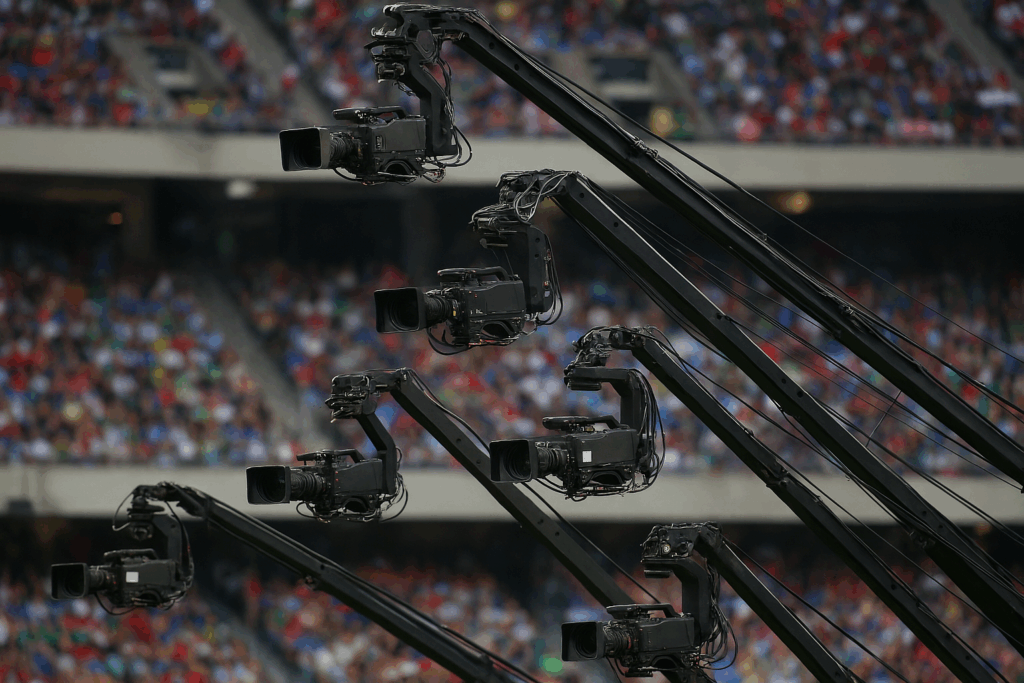
In a parallel world, the roar of the crowd, the sweat-drenched athletes, the nail-biting finish… these are hallmarks of professional sports. But a quiet revolution is underway, one that could fundamentally alter the way games are officiated: the increasing reliance on cameras and artificial intelligence (AI) for officiating decisions.
While instant replays have been a fixture for years, the current trend involves a far more comprehensive and sophisticated system. Leading leagues are deploying numerous high-definition cameras, some with advanced tracking capabilities, to provide referees with multiple angles and detailed data instantaneously. This technology assists in reviewing contentious calls, leading to potentially more accurate and consistent judgments.
“The goal isn’t to replace referees, but to enhance their performance,” explained a spokesperson for the National Basketball Association (NBA), which has been at the forefront of implementing this technology. “This allows officials to make the most informed decisions possible, minimizing errors and ensuring fairness.”
However, this technological advancement is not without its critics. Many fear that the increasing reliance on cameras and AI will ultimately lead to the redundancy of human referees. The speed and accuracy of AI-powered review systems raise concerns that they could soon become the primary arbiters of games, relegating referees to a secondary, perhaps even vestigial, role.
“It’s a slippery slope,” commented veteran football referee, Mark Olsen. “While technology can be a valuable tool, we risk losing the nuanced judgment and experience that human referees bring. There are subtle elements of the game – player intent, the flow of play – that algorithms may not yet fully grasp.”
The union representing professional basketball referees has already begun negotiations with the NBA, citing concerns about job security in the face of increasing automation. Similar anxieties are bubbling up in other leagues.
The debate is further complicated by questions of cost and accessibility. Implementing such comprehensive camera systems requires significant investment, potentially widening the gap between well-funded and less affluent leagues. Moreover, ensuring fairness and avoiding bias in algorithmic decision-making presents a considerable challenge.
As the technology continues to evolve, the question remains: will cameras and AI become the ultimate arbiters of professional sports, or will they remain valuable tools assisting human referees in their crucial role of ensuring fair play? The coming years will likely determine the answer, and the future of sports officiating hangs in the balance.